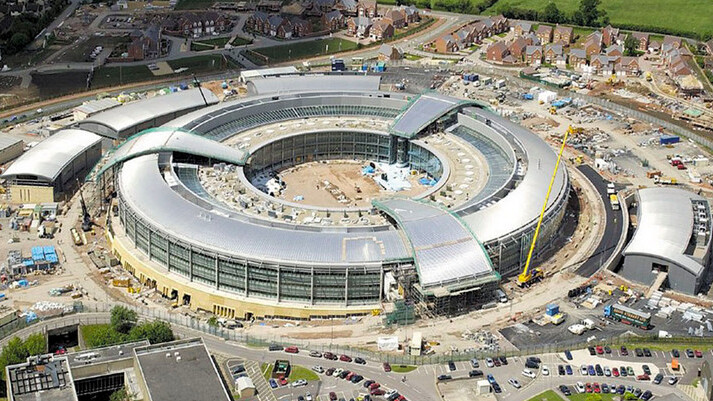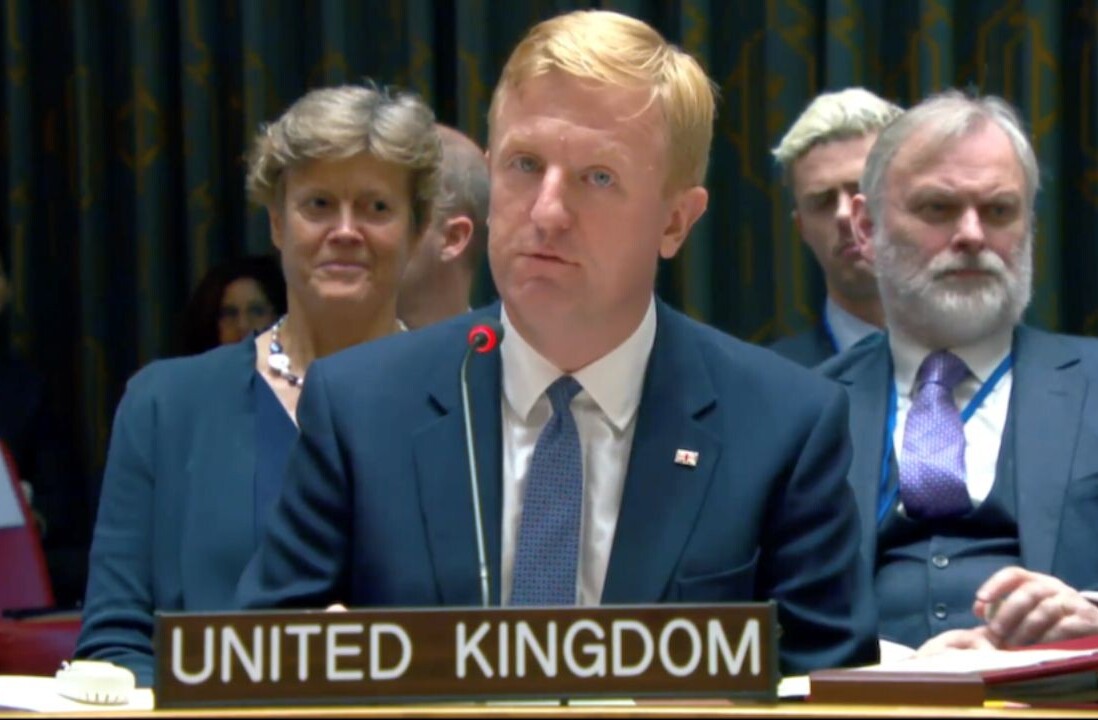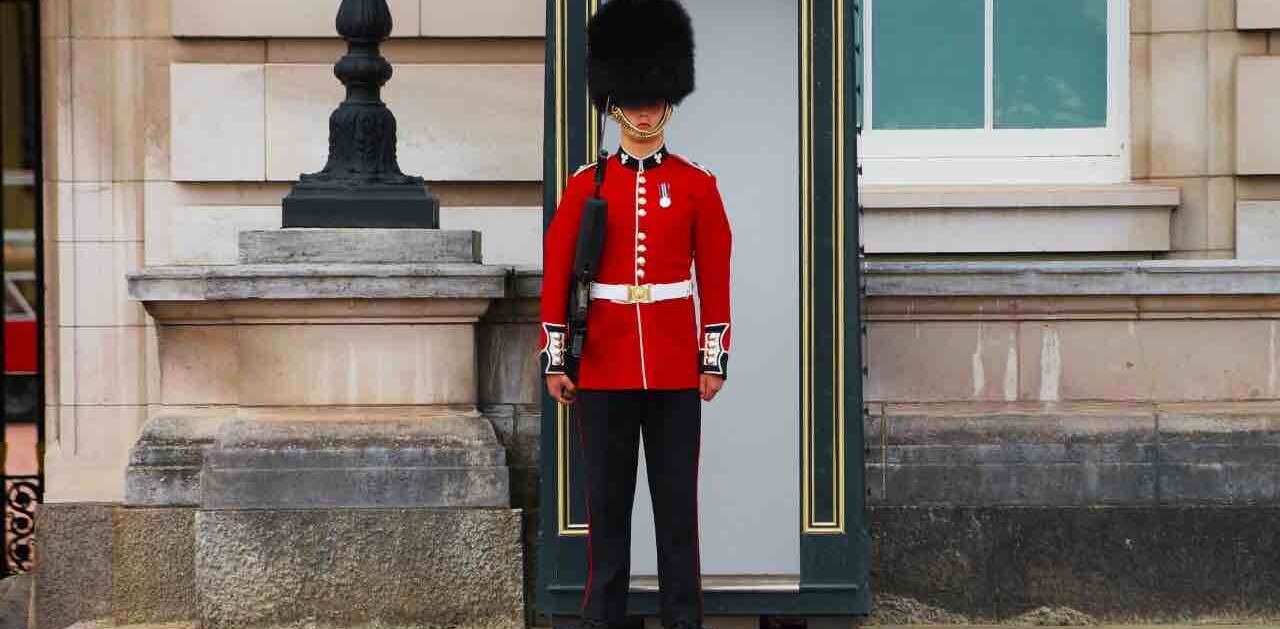
The UK’s freshly-minted Tory government – the first majority Conservative administration to be elected since 1992 – has used its first Queen’s Speech to introduce plans for super-charged surveillance powers.
In her address – which is written by the government and civil servants – the Queen said:
Measures will also be brought forward to promote social cohesion and protect people by tackling extremism.
New legislation will modernize the law on communications data, improve the law on policing and criminal justice.
A previous attempt to push through similar powers was stymied by the Conservatives’ Lib Dem coalition partners in 2012. No obvious roadblock now exists, though opposition parties and some Tory backbenchers will strongly oppose the initiatives.
The planned legislation – the Investigatory Powers Bill – is outlined in the briefing notes distributed prior to the speech. They claim it will:
- Provide the police and intelligence agencies with the tools to keep you and your family safe.
- Address ongoing capability gaps that are severely degrading the ability of law enforcement and intelligence agencies ability to combat terrorism and other serious crime.
- Maintain the ability of our intelligence agencies and law enforcement to target the online communications of terrorists, paedophiles and other serious criminals.
- Modernise our law in these areas and ensure it is fit for purpose.
- Provide for appropriate oversight and safeguard arrangements.
The government argues that the new measures will “maintain the ability of our intelligence agencies to target the online communications of terrorists, and other relevant capabilities.”
The existing law – the Regulation of Investigatory Powers Act (a somewhat Orwellian name) – was passed in 2000 and has been the subject of sustained criticism ever since, having been used frequently to spy on activists and journalists.
Read next: UK spy agency GCHQ unlawfully shared NSA internet surveillance data, rules court
Get the TNW newsletter
Get the most important tech news in your inbox each week.




